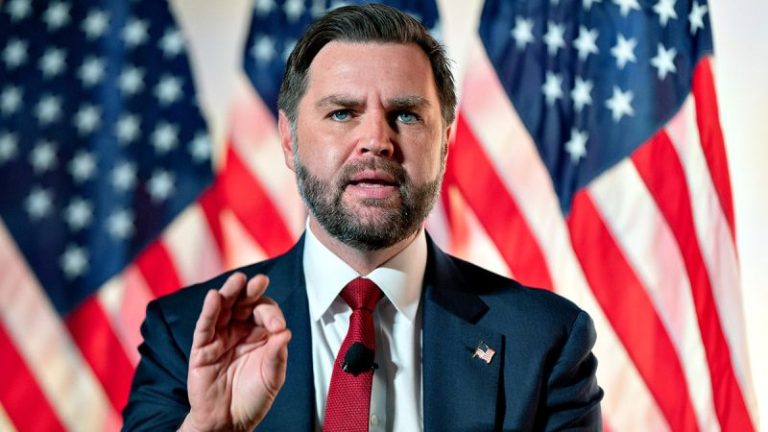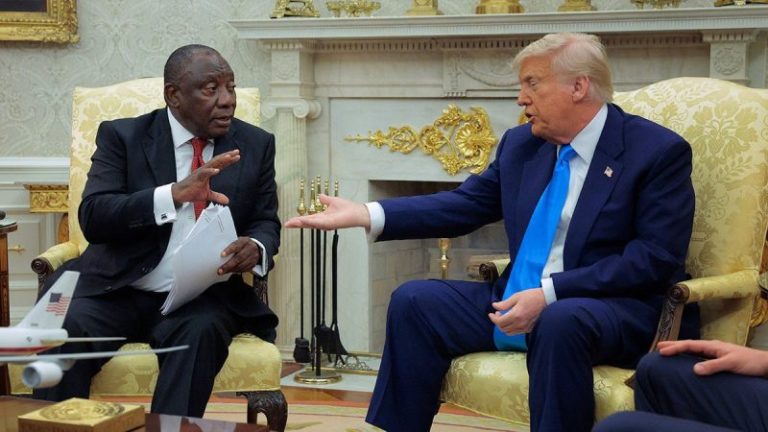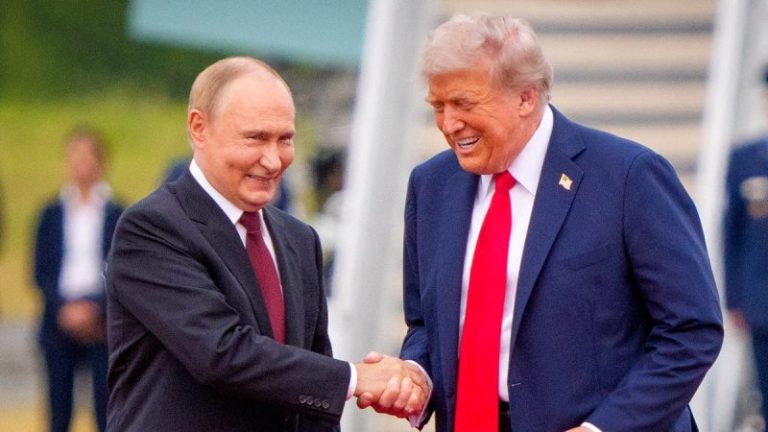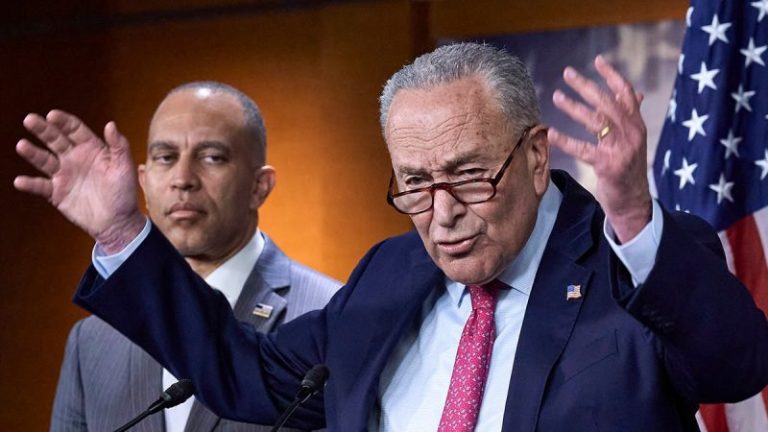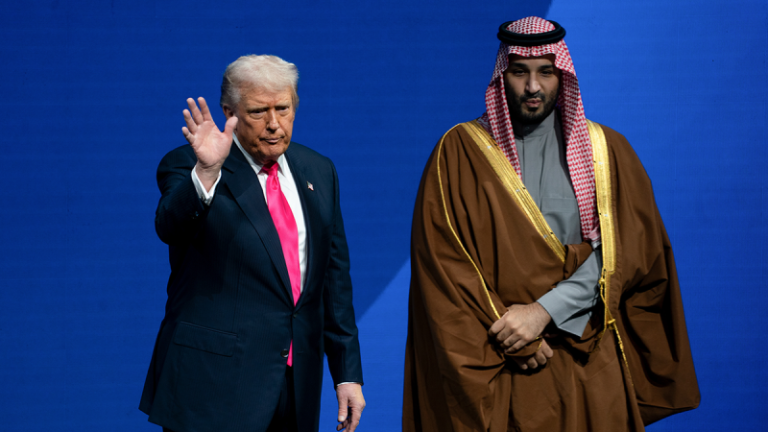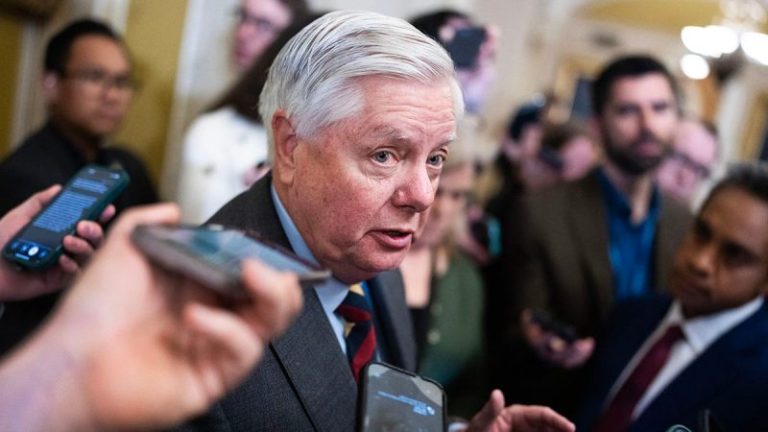Rookie quarterback Shedeur Sanders is set to receive all first-team practice reps for the Cleveland Browns this week.
He is stepping in for fellow rookie Dillon Gabriel, who is recovering from a concussion.
Sanders previously had no first-team practice reps before his regular-season debut last Sunday.
Shedeur Sanders is pegged to get all the first-team reps during the Cleveland Browns practices this week while on the runway to his first NFL start.
Hallelujah. It’s about time the high-profile rookie — poised to step in at Las Vegas on Sunday as fellow rookie quarterback Dillon Gabriel recovers from a concussion — gets practice time with the starters.
“I’m truly excited for that, knowing that I have a piece in the offense and a say-so, and how things fit my eye (to) place the players exactly where they need to be,” Sanders said during a Wednesday press conference. “Seeing how they come in and out of routes, seeing the structure of the O-lineman, seeing a set, just having a feeling. Like, I’m more of a ‘feel’ type of person. So, that’s how I learn.”
Well, here’s your chance, kid. This might not go down in history like the time in 2001 when Tom Brady, a sixth-round pick, supplanted an injured Drew Bledsoe and never gave the job back on the way to amassing a collection of Super Bowl rings.
Yet the opportunity to at least get on the practice field with the starters is significant enough on the learning curve for the fifth-round pick who became the biggest storyline of the NFL draft when his projected first-round stock plummeted. When Sanders came off the bench after halftime for his first regular-season action last Sunday, it was his first time getting any action with the first team since joining the team.
Sure, Gabriel should have had the lion’s share of first-team practice reps while manning the starting post.
But zero first-team reps for Sanders?
For weeks, since Joe Flacco was traded to the Cincinnati Bengals in Week 6 and Gabriel was promoted to the lineup, Sanders was one snap away from live action. That Browns coach Kevin Stefanski didn’t ensure that Sanders got a break from his scout-team duty to take a few practice reps with the starters struck me as a bit odd, if not coaching malpractice.
Now Sanders is poised to become the 42nd quarterback to start for the Browns since the franchise was rebooted in 1999.
Maybe a few first-team reps would have helped last weekend, when one-snap-away happened. Sanders played the entire second half and despite a disastrous stat line — 4-for-16 passing for 47 yards, one interception, zero points and a 13.5 passer rating while absorbing two sacks during a blitz-heavy 28 snaps — had a shot at the end of a 23-16 defeat.
It’s no wonder Sanders, 23, considered “breaking the barrier” after so many weeks on the sideline as the biggest positive from his debut appearance.
“I don’t think a lot of people understand how challenging that is from a rookie going into a game,” he said. “Now, a lot of NFL vets, backup quarterbacks, they’ve been in the league, you feel me? I’m just coming out of college, so it’s a different feeling.”
Of course, it’s not uncommon for a backup quarterback to not get any first-team practice reps. Yet in a league in which quarterback injuries are seemingly always on the upswing and turn-over-every-stone preparation is thick, the Browns should have had a better break-glass-in-case-of-emergency plan for Sanders. Unlike teams with veterans holding clipboards as backups, the Browns were rolling with Rookie QB1 and Rookie QB2 after trading Flacco.
“Not to have a meaningful rep since August, I don’t know how any quarterback could feel comfortable or confident to be sharp,” Brian Baldinger, an NFL Network analyst, told USA TODAY Sports on Wednesday.
“It’s one thing if you’re San Francisco and Mac Jones is your backup. You’re trying to get Brock Purdy ready. Well, Mac has started for two different teams in this league. He’s experienced. When your backup has got zero experience, what happens if he’s one play away?”
After Sunday’s game, Sanders (who completed a Division-1 record 71.8% of his passes during his two seasons at Colorado) mentioned that he wished he had worked with the first-team Browns receivers to get a better grasp of their nuances in running routes.
“Listen, it’s obvious that the more time and the more reps, period, are always better,” Stefanski said on Wednesday, with journeyman Bailey Zappe in line to back up Sanders against the Raiders. “As quarterbacks, they sit in that room (and) watch a lot of tape together. So, you watch the receivers and sometimes you don’t get the rep, but you see how those guys come out. That’s what you have to do as backups, that Shedeur does, that all of our guys do. When you’re not getting that rep, you just making mental notes to yourself about how guys come out of breaks.”
Baldinger, a former guard who played 11 NFL seasons for four teams from 1982-93, analyzed Sanders’ final eight plays against the Ravens for one of his popular “Baldy’s Breakdowns” segments on X. He was impressed that despite the rough outing, Sanders had the Browns in position to tie the game in the final two minutes before the last-gasp drive fizzled with three consecutive incompletions from the Ravens’ 25-yard line.
Yet he also pointed out how practice reps with the starters might have helped with the timing in connecting with Jerry Jeudy, running a curl route, on one incompletion. On the next-to-last incompletion, Sanders, facing a blitz, opted to throw to Gage Larvadain in the end zone, against Chidobe Awuzie’s tight coverage. He opted not to flip a pass to Jeudy running open on an underneath out route that might have moved the chains.
“It was in Larvadain’s hands,” said Baldinger, mindful that the Browns are tied for third in the NFL with 20 dropped passes. “It was a perfect throw, and it gets ripped out of his hands in the end zone.”
The sequence might have provided a valuable lesson for Sanders.
“There was a decision there, but anybody could’ve said, ‘I’m taking a shot here,’” Baldinger said. “He could have dumped it off to Jeudy and gotten closer. Going back and looking at it, he probably wishes he would have done it.”
Will the practice reps make a difference? We’ll see.
One thing for sure: There will be no shortage of scrutiny when the most-hyped quarterback from the NFL draft class finally makes his first NFL start.
This post appeared first on USA TODAY

